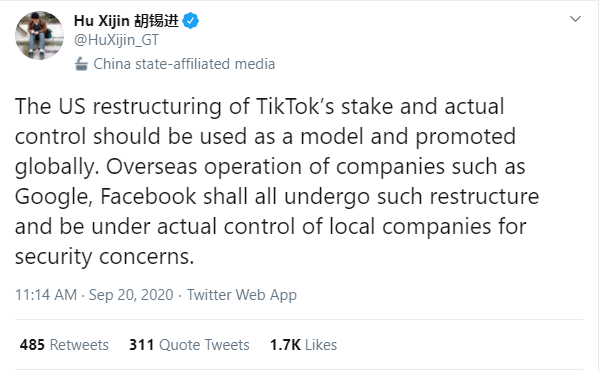The European Union is serving formal antitrust charges to Amazon, saying that the retailer has misused its position to compete against third-party businesses using its platform. Officials, led by competition chief Margrethe Vestager, believe there is enough evidence to charge the company for this misuse. This data, so the claim goes, was used by Amazon to build copycat products to undercut these independent businesses, especially in large markets like France and Germany.
At the same time, regulators have opened a second investigation into favorable treatment around the “Buy Box” and the “Prime Label.” Officials suspect that independent sellers that use Amazon’s own logistics network are able to use features that those with their own logistics networks do not. Vestager said that they want those independents to be able to “compete on the merits” rather than on any sort of lock-in.
Amazon, very broadly, is a retailer itself, but it’s also a retail platform that lets third parties sell their wares side by side with Amazon’s own. These independent, unaffiliated companies can even piggyback on Amazon’s vast logistics and warehousing network. But there’s a catch: If a small seller makes a surprisingly popular product, Amazon can see that sales data on its own system. There could be the temptation for Amazon to make a similar product and direct sales toward itself.
We reached the preliminary conclusion that @amazon illegally has abused its dominant position as a marketplace service provider in DE & FR. @amazon may have used sensitive data big scale to compete against smaller retailers. Now for @amazon to respond. @EU_Competition
— Margrethe Vestager (@vestager) November 10, 2020
This isn’t a hypothetical, and The Wall Street Journal published a report in April claiming the company was doing this very thing. Former employees have claimed that Amazon can not only identify hot trends but also use that data to price their own products competitively. In one example, the makers of a popular car trunk organizer found that, a while after, Amazon launched a very similar product as part of its private label offering.
Now, Amazon has said that using third-party seller data in this manner is against its own policies and affirmed that position in Congress. Amazon has also said that the practice of producing “private label” goods is used by every major retailer, and isn’t a threat to the independent brands they sell. But regulators in both the US and Europe aren’t satisfied with that answer and are pushing for more information. In July 2019, the EU opened a formal investigation to see if what Amazon was doing violated local competition rules, with today’s charges the result of that procedure.
[…]
Source: European Commission charges Amazon over misuse of seller data | Engadget
I have been talking about this since early 2019, it’s good to see action on this!


